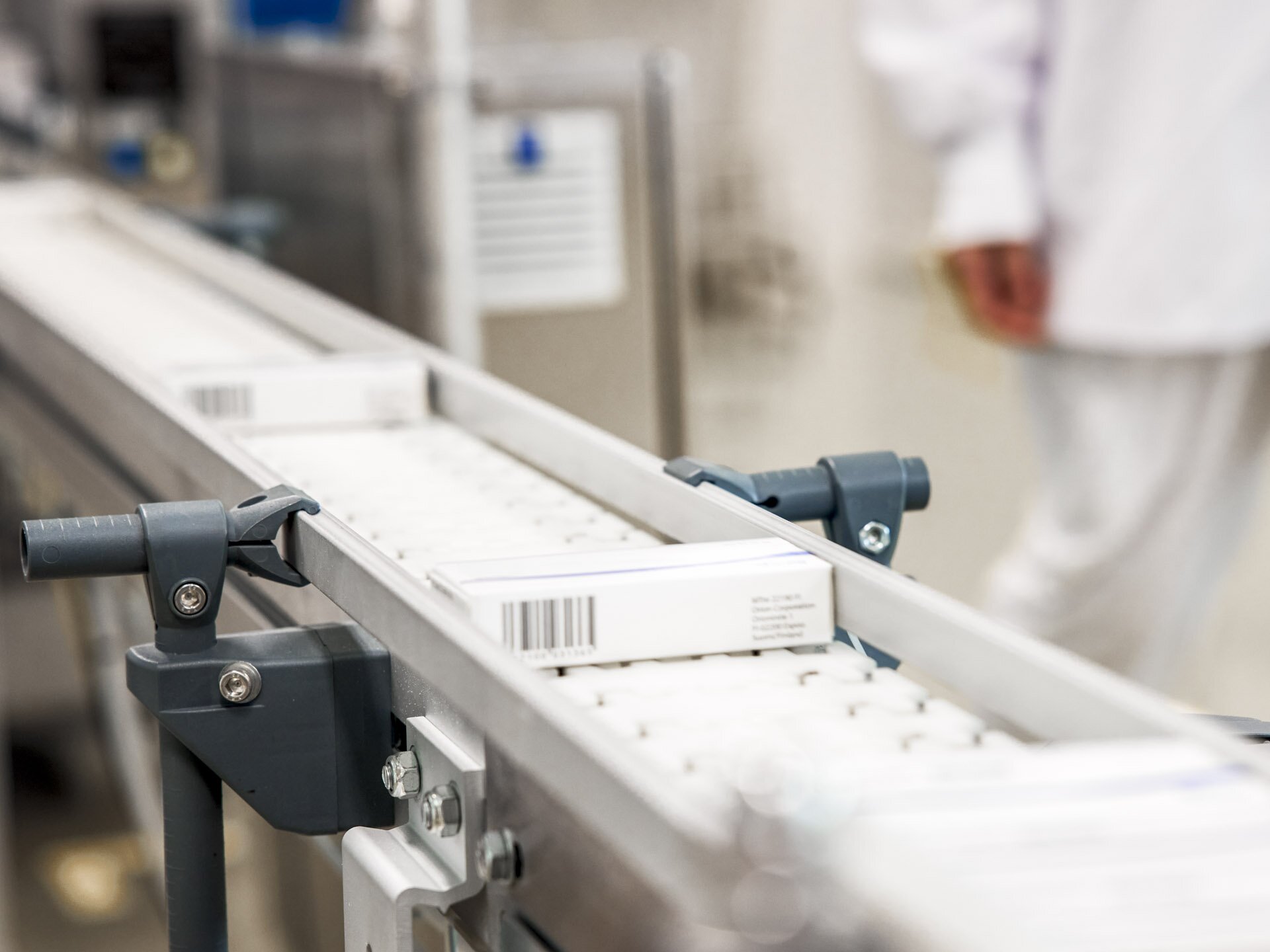Orion has numerous growth projects, and many of them have progressed rapidly this year.
"Orion is in excellent financial shape. It is a pleasure to lead a company such as this," says Liisa Hurme, who took over as CEO at the beginning of November.
The company has been advancing growth and development continuously, even though for a few years the pandemic has meant that particular efforts have been required to ensure security of supply. In Finland, there has been a good supply of medicines throughout the exceptional times of the pandemic. Hurme says that an important factor in ensuring access to medicines has been the fact that there is pharmaceutical production in Finland.
“In crises, countries always look after their own first and foremost and may even restrict the export of medicines.”
Hurme joined Orion back in 1999, initially as a researcher. She has seen many molecules become medicines and the organisation grow. In the current year, many significant steps have been taken.
“We really have a lot of growth projects that we have been able to advance this year.”
New partners and excellent results from the pipeline
Orion's research pipeline has been strengthened and collaboration with partners has increased. A major new initiative is partnering of the ODM-208 research programme.
“Today, developing a cancer drug for the global market requires a large and expensive development programme. Being able to do this with a big, international partner like MSD accelerates its progress and, ideally, means patients will get the drug more quickly.”
Hurme says that partnering with large pharmaceutical companies in late-stage clinical development and commercialisation is a key business model for Orion. A prime example is the collaboration with Bayer, which has resulted in a prostate cancer drug that is now growing around the world, developed for castration-resistant cancer.
“In particular, the expansion of the indication in the US has made the drug available to more and more patients.”
In the spring, Orion acquired exclusive rights from a company called Jemincare to develop and commercialise a NaV 1.8 blocker for acute and chronic pain worldwide, excluding China, Hong Kong, Macau and Taiwan.
“It is a pain treatment molecule with a completely new mechanism of action,” says Hurme.
In June, there was another new development when Orion expanded its operations into a new area with the acquisition of the veterinary pharmaceutical company Inovet. This expanded Orion’s Animal Health business from companion animals to livestock.
"Our veterinary drug business doubled and, in addition to a new segment, we gained new market areas. We now also have a manufacturing facility specialising in the manufacture of veterinary drugs," says Hurme.
This year, Orion also announced that its R&D will focus on pain and oncology.
"The aim is to grow our expertise more efficiently in these selected areas. At the same time, we are looking for new ways to move drug development projects forward in a more streamlined and faster way," says Hurme.
Getting better all the time
Improving energy efficiency and achieving carbon neutrality of own operations by 2030 are key objectives for Orion in the coming years. Hurme is pleased that Orion is already well ahead in this target.
“In the last five years, we have already reduced CO2 emissions by more than 50 per cent.”
One of the projects that has reduced greenhouse gas emissions is the district heating centre at the pharmaceutical plant in Turku, and Orion's API manufacturer Fermion’s plant in Hanko is currently involved in a project to build a solar power plant on its land. This will enable Fermion to cover part of its energy needs for the production of APIs as early as next year.
Sustainability is not limited to Orion’s own operations, as it also extends to our subcontractors.
"We buy a lot of materials and services. We have put in place a very large number of different sustainability measures which are used to assess both our direct and indirect suppliers," says Hurme.
Packaging is another important area, where a lot can be achieved through better material efficiency.
“The pharmaceutical industry is challenging with regard to packaging because the regulatory and shelf-life requirements alone dictate what materials can be used. So far, a recyclable cardboard or foil that would meet all the requirements has not been found. But we can make a big difference just by using recycled materials as much as possible, using packaging materials efficiently in production, and providing customers and pharmacies with guidance on how to recycle efficiently. Of course, we are constantly looking for new materials that would meet all the requirements for storing medicines.”









